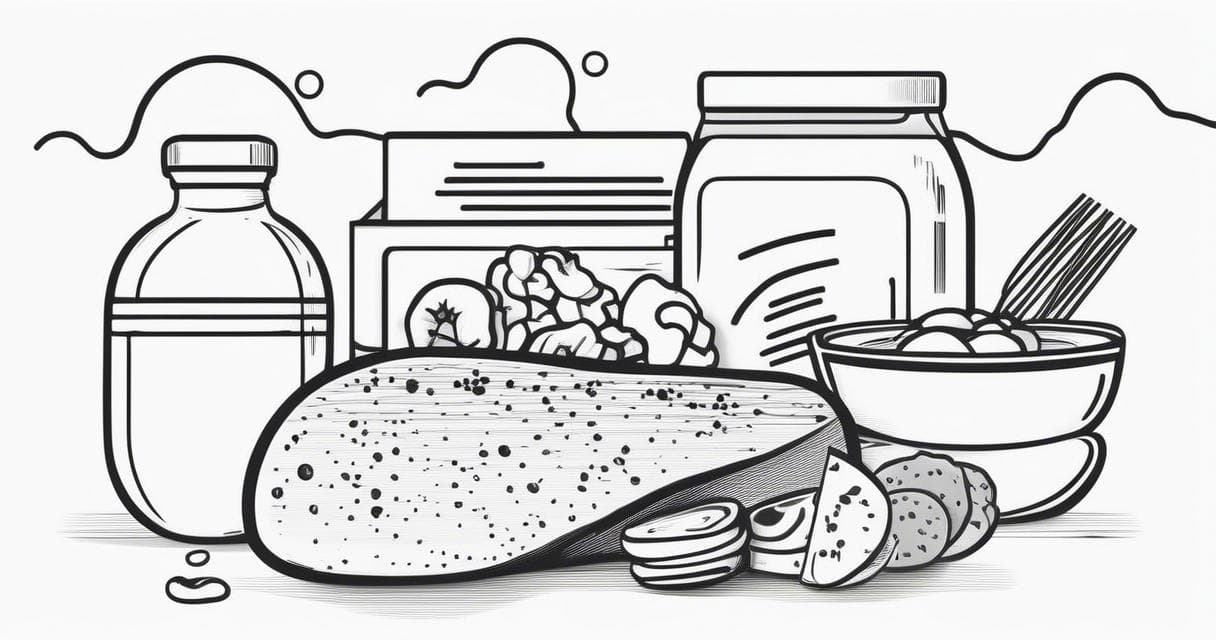The Keto Diet: A Beginner's Guide to Ketogenic Eating for Weight Loss and Health

The ketogenic diet, or keto diet, has surged in popularity, but what is it really? This guide provides a clear understanding of the keto diet, its potential benefits, and possible risks.
The keto diet is a very low-carb, high-fat diet designed to shift your body's primary fuel source from glucose (carbohydrates) to fat. This metabolic state is called ketosis.
By drastically reducing carb intake, your body begins breaking down stored fat into ketones, which become the main energy source. This adaptation typically takes a few days.
Keto Diet Benefits
People are drawn to the keto diet for various potential health advantages:
- Weight Loss: Burning fat for fuel can lead to significant weight loss.
- Blood Sugar Control: Keto may help stabilize blood sugar, which could benefit individuals with type 2 diabetes.
- Energy Boost: Some report increased energy and focus after adapting to burning fat.
- Seizure Reduction: The keto diet has been used to treat epilepsy, especially in children.
Keto-Friendly Foods: What to Eat
The foundation of keto is severely limiting carbs. This means avoiding foods like bread and pasta. Focus on the following:
- Healthy Fats: Avocado, olive oil, coconut oil, nuts, seeds.
- Proteins: Meat, poultry, fish, eggs.
- Low-Carb Vegetables: Leafy greens, broccoli, cauliflower, zucchini.
Limit or avoid these foods:
- Grains: Bread, pasta, rice, cereal.
- Sugary Foods: Candy, soda, juice, pastries.
- Starchy Vegetables: Potatoes, corn, peas.
- Most Fruits: Berries in moderation are acceptable, but most fruits are too high in carbs.
Keto Diet Risks and Side Effects
Be aware of potential downsides:
- Keto Flu: Initial flu-like symptoms such as headache and fatigue may occur due to electrolyte imbalances.
- Nutrient Deficiencies: Ensure adequate vitamin and mineral intake.
- Digestive Issues: Constipation or diarrhea may occur during the diet change.
Is Keto Right for You?
The keto diet isn't suitable for everyone. Consult your doctor or a registered dietitian, especially if you have pre-existing health issues. They can help determine if keto is safe for you and advise you on proper implementation.
Consider a gradual start, tracking your macros (fats, protein, carbs) and listen to your body.